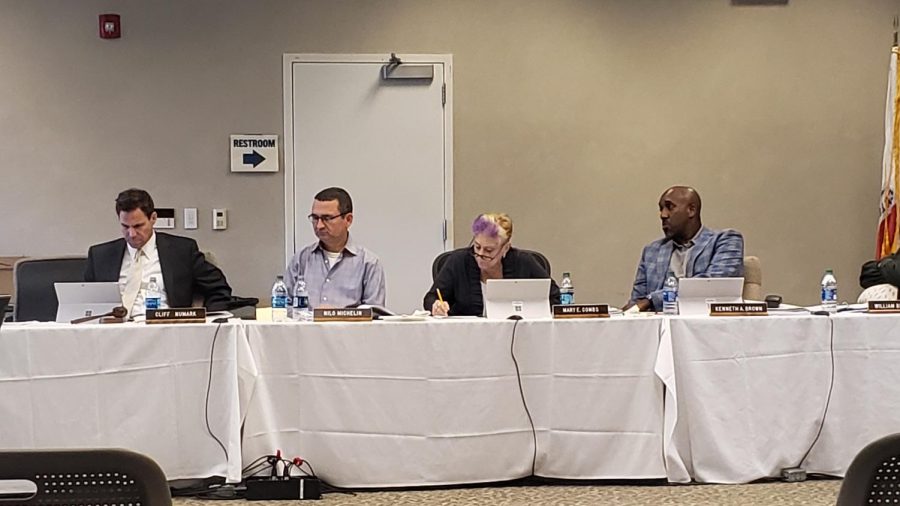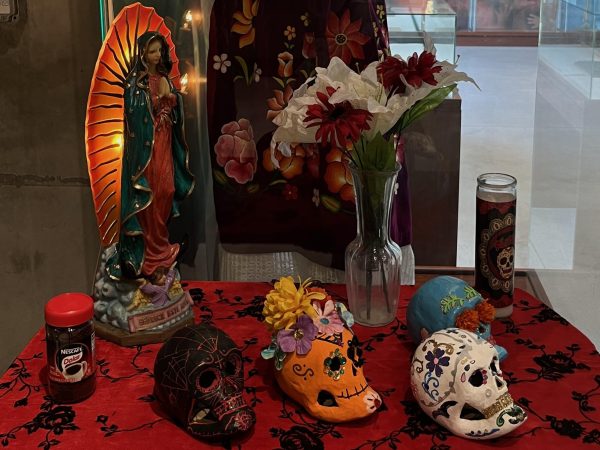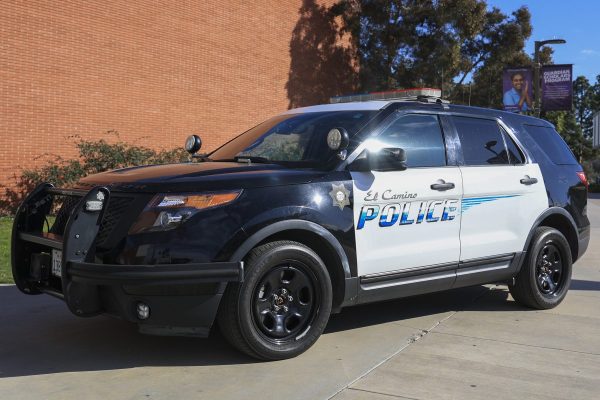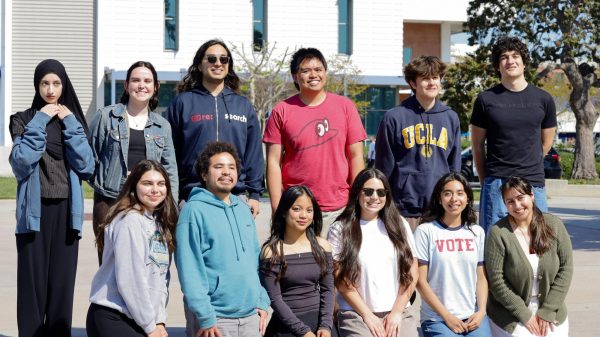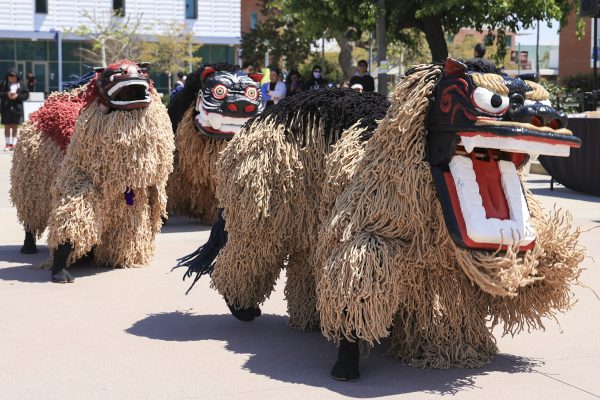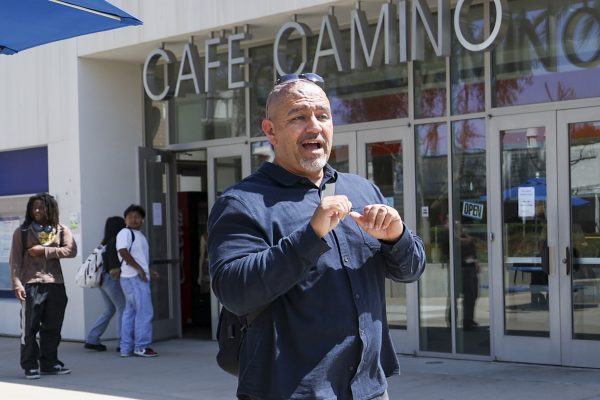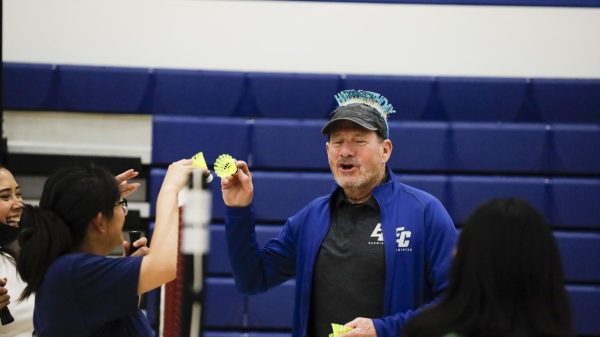Grant creating support program for formerly incarcerated students approved
El Camino College will be receiving over $110,000 from the California Community Colleges Chancellor’s Office (CCCCO) to establish an on-campus support program for formerly incarcerated students.
The grant, dubbed the Currently and Formerly Incarcerated Students Reentry Program, is awarded by the CCCCO and was approved at a Board of Trustees (BOT) meeting on Monday, Aug. 19.
“It is designed to provide counseling, support [and] outreach to incarcerated and formerly incarcerated students at El Camino College,” EC President Dena Maloney said when introducing the grant listed under Action Items – Community Advancement 13.3 on the BOT meeting agenda.
Maloney told The Union there is a renewed interest in programs that support formerly incarcerated students, as offering a program of this kind will be a first for EC.
According to the BOT meeting agenda, the Currently and Formerly Incarcerated Students Reentry Program focuses on offering guidance to students that can lead to the development of job skills, obtaining an associate’s degree and transferring to a four-year university.
While EC does not have an approximation of incarcerated or formerly incarcerated students on campus, EC staff and faculty have found the need for a program tailored to formerly incarcerated students, according to the grant application EC submitted to the CCCCO.
“Our staff was interested in getting a foundational grant to start this program so that we can help people reform their lives after being incarcerated,” Vice President of Student Services Ross Miyashiro said. “We wanted to make sure that we have a place for formerly incarcerated students to come and help them get their lives in order and then get a new career going.”
A criminal history follows people around on employment and college applications, but Miyashiro said that’s an example of how training via counseling services comes into play, to teach formerly incarcerated students how to talk around prior convictions in an interview setting while also showing promise as a reliable employee.
Miyashiro added that help for formerly incarcerated students needs to go beyond an informal group setting—they need to be given guidance and be put in a direction so they can learn how to study, write research papers, do higher level math and learn about next steps, like transfer opportunities.
“We’re here to change people’s lives. We believe that everybody can add to society and we want to look at what people can do, not what they can’t,” Miyashiro said. “There are a lot of brilliant people that have been incarcerated for one reason or another but would be absolutely a benefit to society coming back to college.”
Miyashiro recalled his time at Long Beach City College as the Dean of Enrollment Services in 2005 when explaining the impact this program can have on students.
He noted how fellow staff members, at the time, were scared of an incarcerated student because he had tattoos, including one in the shape of a teardrop below his eye.
“I called him in the office and we had a half-hour discussion and he really wanted to change his life,” Miyashiro said. “He had been incarcerated for almost two decades for violent crimes but my happiest day was when I saw him walking that graduation line.”
The student, Miyashiro recounted, obtained an associate’s degree with a GPA of over 3.5.
“That’s why the California Community College makes the biggest impact on people’s lives, I would say, more than the California State University or University of California because they rarely serve these people,” Miyashiro said. “We serve them all the time.”


